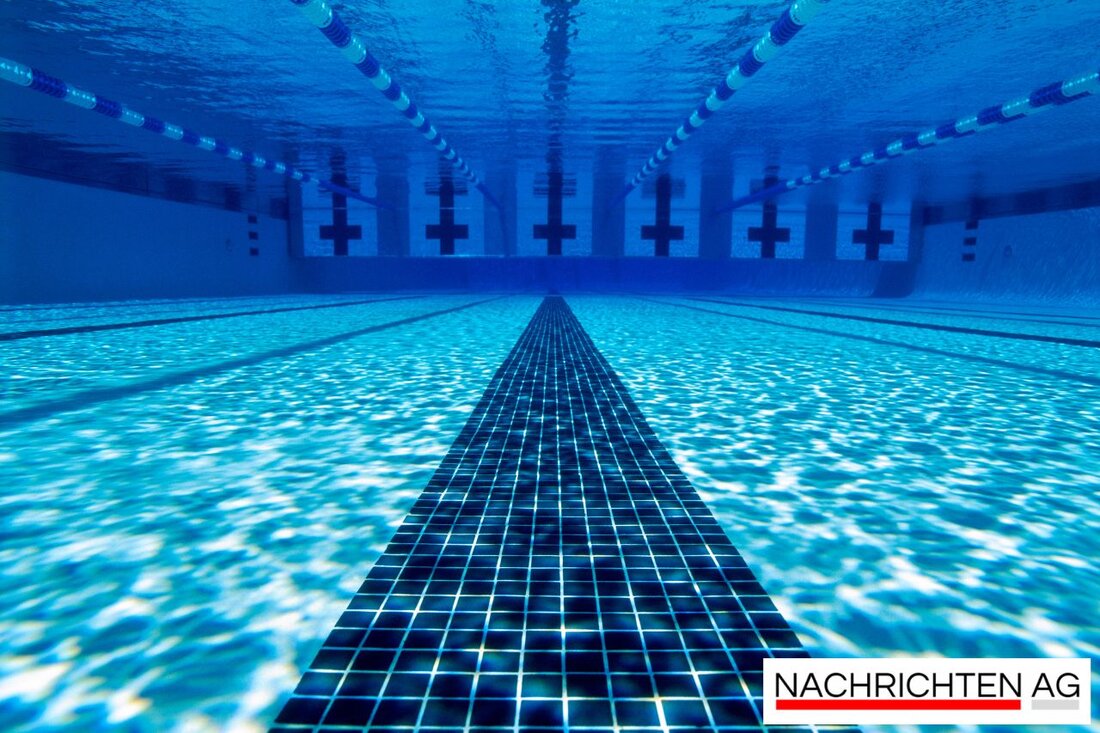Solar park at the outdoor pool: Hettenleidelheim becomes the sun power supplier!
Solar park at the outdoor pool: Hettenleidelheim becomes the sun power supplier!
In the southern area of the Hettenleidelheimer Freibad area, a new solar park will be built, which will produce not only for the bathing season, but also outside of this solar power. Operational manager Julian Hoffmann, the mayor of the association Frank Rüttger and department head Johann Schröder presented the project, which represents innovative use of the outdoor pool. Even if some aspects of the project are regulatively controversial, the solar park will in future act as an energy supplier and thus contribute to sustainable energy production. The planning provides for special solutions in order to be able to use the electricity produced outside the outdoor pool and thus maximize efficiency.
As the managing director of a newly opened photovoltaic system in Brandenburg also emphasizes, the orientation of solar cells is crucial for electricity production. In Breddin, a 5.6 MWP photovoltaic system recorded the operation, the modules of which are arranged in the east-west orientation. This special arrangement leads to more uniform electricity production in the day and can improve network stability, since the electricity generated is particularly available in times of high demand. With an annual production of 5.2 million kilowatt hours, the system can cover the electricity requirement of around 1,625 three -person households and contributes to saving around 1,600 tons of CO2 per year.
Technical background of photovoltaics
photovoltaics mainly uses mono- and polycrystalline solar cells to convert sunlight into electricity. This process is carried out by semiconductor materials, which sets electrons with sunlight and thus generates electricity. The generated direct current is converted into alternating current via inverters, which can be fed into the network. In Germany, photovoltaics are promoted by the Renewable Energy Sources Act (EEG), whereby the remuneration depends on the commissioning of the systems and has been reduced in recent years due to falling system costs. Open space systems have significantly lower electricity generation costs compared to roof systems.
For the energy transition, both roof and open space systems are important. They not only make a contribution to CO2 reduction, but also amortize themselves after a year or two. The lifespan of photovoltaic modules is usually 25 to 30 years, and the recycling rate for old modules is 92.4 %. Old devices can also be disposed of at low cost via municipal recycling centers, which further increases environmental compatibility.
The example of the outdoor pool in Hettenleidelheim shows how important infrastructures such as swimming pools can be integrated into sustainable energy production through environmentally friendly technologies. In view of the increasing energy prices and the need to cover your own energy requirements ecologically, the use of renewable energies such as photovoltaics is essential.
| Details | |
|---|---|
| Ort | Hettenleidelheim, Deutschland |
| Quellen | |


Kommentare (0)